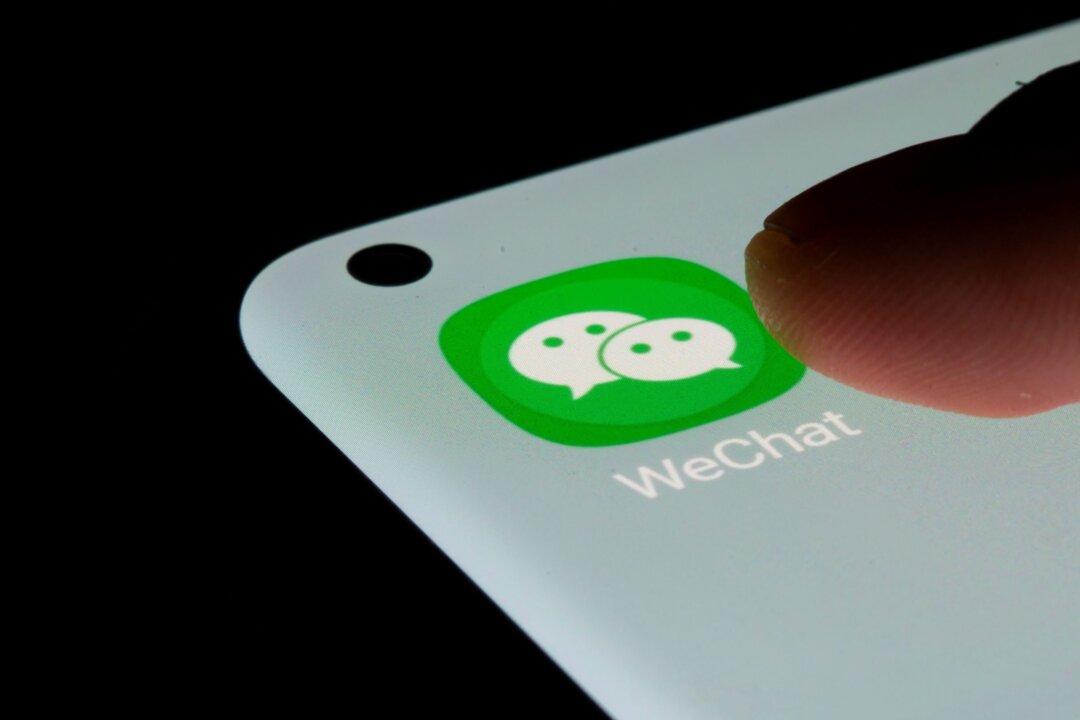Australian Prime Minister Scott Morrison’s official WeChat account has been hijacked and rebranded as a lifestyle page—leading one senator to accuse the Chinese Communist Party (CCP) of “foreign interference” during an election year. WeChat is a Chinese social media platform.
According to the Daily Telegraph, the agency running the prime minister’s WeChat account reported problems with posting content on the channel in mid-2021, when Morrison was attending meetings in the United Kingdom of the Group of Seven leading industrial nations.





